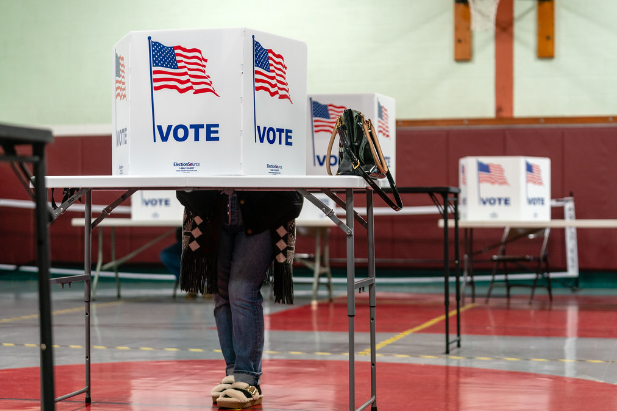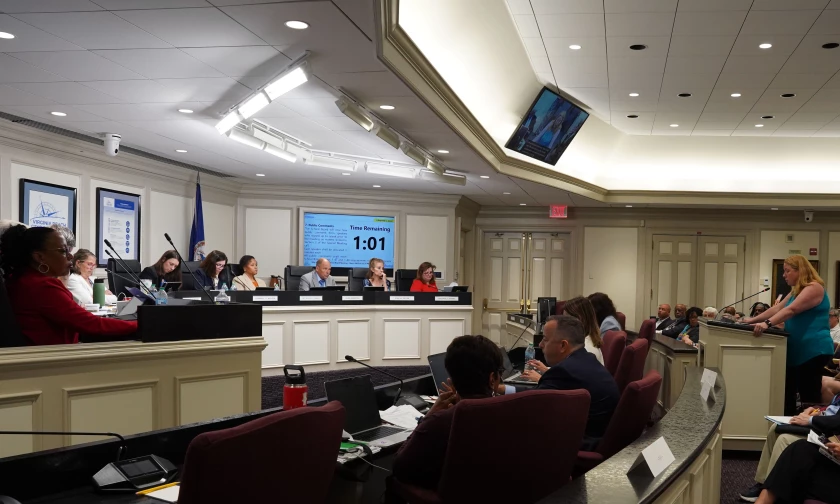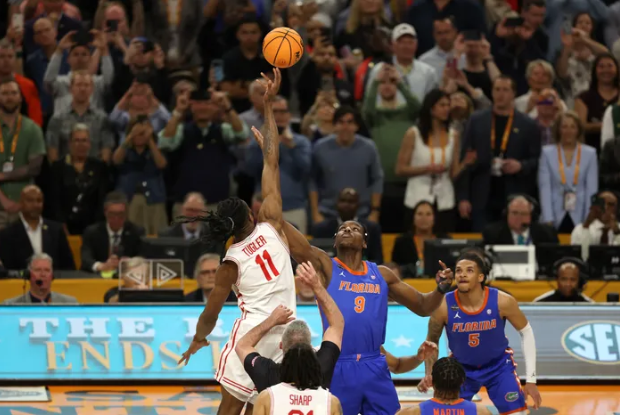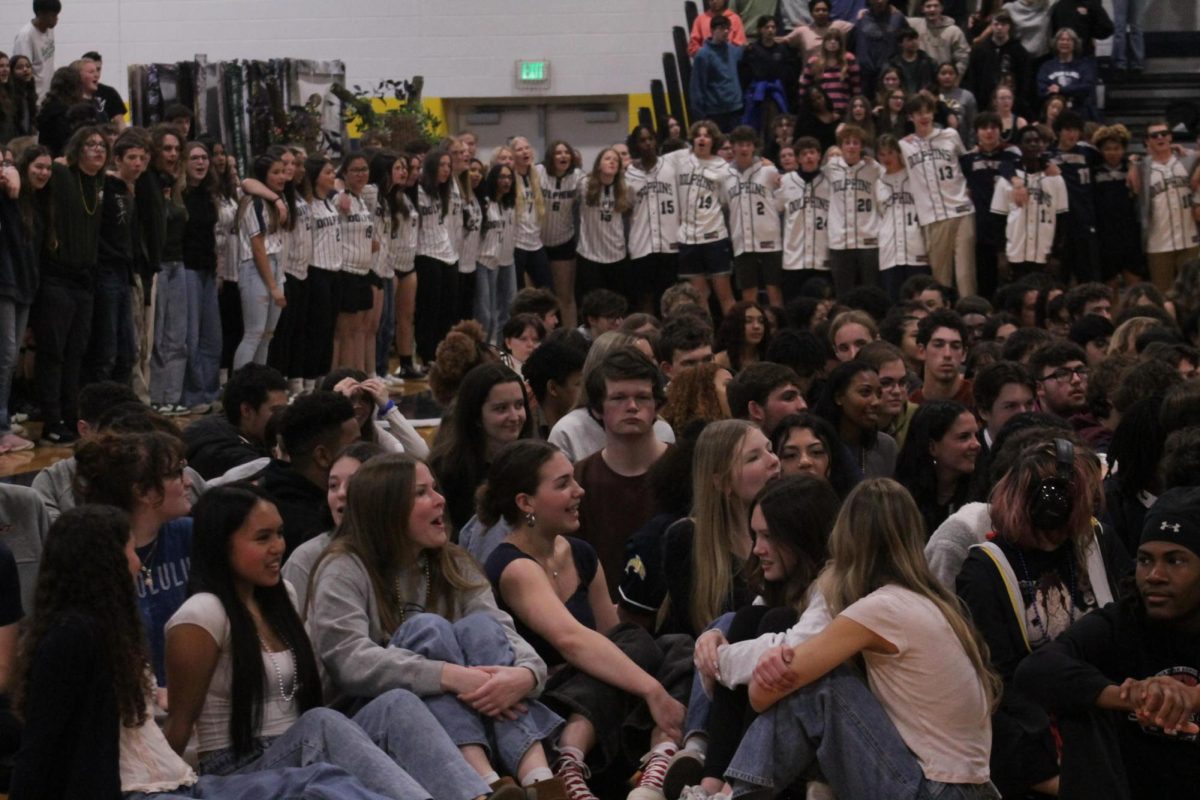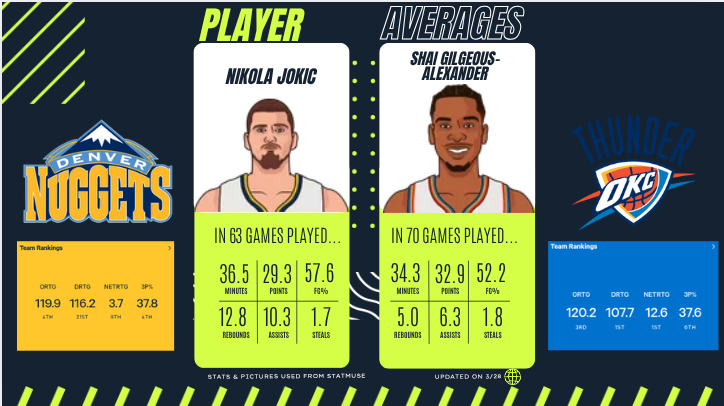Millions of Americans voted in the recent presidential election that would decide on contentious issues such as transgender and abortion rights.
Twenty-one percent of the country could not vote, even though these two issues disproportionately affect younger people, with 65% of abortion recipients under 20, according to the Kaiser Family Foundation (KFF).
In a country experiencing the rapid devaluation of certain rights and expansion of technology, the voting age should be lowered to include those with the most stake in these issues.
The fate of an aged and increasingly political Supreme Court, a court that has unpopularly decided against abortion rights, will fall into the hands of whoever the electorate decides.
The average tenure for a justice is 26 years, according to the Brennan Center for Justice. Clarence Thomas, the most significant conservative on the court, has served for 33 years.
Chief Justice John Roberts and Samuel Alito, other prominent conservatives, served the second and third longest time in the court, respectively. This means that the potential future nominees would likely decide the future of conservatism in the court.
The opportunity to secure a new justice for life in a court not afraid to wield its immense power would fundamentally decide abortion rights, the top issue for women under 30, according to KFF. However, with the voting age at just 18, millions of citizens are cut off from potentially deciding the ideology of the next justice for 26 years.
Recently, Virginia Gov. Glenn Youngkin signed an executive order banning phones in their entirety from schools. Students, teachers and coaches, who relied on their phones to communicate, expressed concerns that this policy would do more harm than good. The response from some VBCPS board members and Superintendent Dr. Donald Robertson was that the district would go “old-school” despite the impracticality of such a suggestion.
The ability of elected officials to effectively respond to new technology depends on the voting and pressure of people who rely most on it. Incoming AI will only make this problem more apparent.
Lowering the voting age could also help build voting habits.
In a study by the University of Edinburgh, after Scotland lowered the voting age to 16, the 21-26-year-old cohort, who historically do not turn out as highly as other groups, saw an increase in participation just a couple of years later.
Disparagers of lowering the voting age might mention the fact that the brain only fully develops at 25; but does mental capability really matter when determining voting rights? Mentally disabled people can still vote, and the 14th Amendment defends this as a right.
Citizenship and a stake in this country’s future, not an arbitrary age or mental aptitude, should decide enfranchisement.

